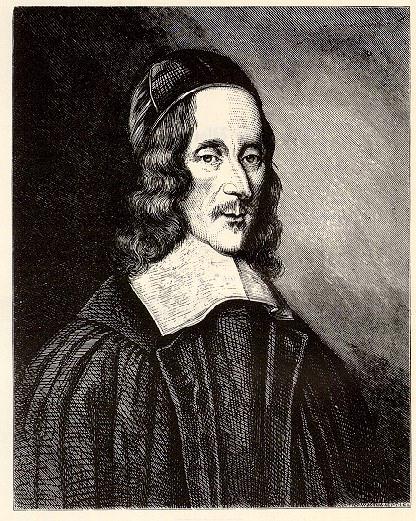
Word of the Day: Credulous
Paul Schleifer
Credulous means “willing to believe or trust too readily, especially without proper or adequate evidence,” gullible or trusting or easily tricked or fooled. Also, “disposed to believe.”
According to the OED, the word comes to us through French (crédule) from Latin (crēdulus), which comes from the Latin verb crēdĕre, “to trust.” The first person singular present tense of the Latin verb is credo, “I believe,” which is the first word in the Apostle’s and the Nicene creeds: Credo in Deum Patrem omnipotentem, Creatorem caeli et terrae (I believe in God the Father almight, creator of heaven and earth).
There are some words that seem to exist only in a negative form, most notably “uncouth.” People will sometimes jokingly talk about a person being “couth,” but in normal conversation, while we use “uncouth,” nobody really uses “couth.” Likewise, I have heard people use the word “incredulous,” but I rarely hear someone described as “credulous.” On the other hand, I hear both “credible” (meaning believable, sometimes a person who is likely to be believed) and “incredible” (meaning “unbelievable”; it has been generalized to mean, often, really great, but it maintains a feeling of “unbelievable”; however, I cannot think of a person being called incredible as the opposite of credible, instead hearing “not credible”).
On this day in 1633, the Welsh poet and priest George Herbert died.
Herbert was born in 1593, one of 10 children of a wealthy and politically powerful Welsh family. His desire was to become a courtier, and in 1624, with the help of a patron, he became a Member of Parliament. He was well liked by King James I, and things looked like they might go his way. But in 1625, James I died, as well as Herbert’s patron, and Herbert’s political career was derailed. Thus, Herbert shifted his path toward the church.
In 1626, Herbert received a position at Leighton Bromswold, a small church originally started in the 13th century and added to in the 14th century. But when Herbert went there in 1626, services had not been held in the building for 20 years. Herbert helped to rebuild St. Mary’s of Leighton out of his own money, raising the rest needed for the restoration from various wealthy and influential friends.
Then, in 1629, Herbert entered the priesthood of the Anglican Church and became the rector of the small rural parish of Fugglestone St Peter with Bemerton, near Salisbury in Wiltshire, about 75 miles south west of London. Herbert again helped to rebuild the church at Bemerton with his own money (keep in mind that he was not the heir of his family’s estate, so his means were somewhat limited).
During these years he took care of his small parish and wrote poetry. Before his death, he sent his book of poetry, The Temple: Sacred Poems and Private Ejaculations, to his friend Nicholas Ferrar, who founded a religious community not very far away from Leighton. Herbert is generally included with the Metaphysical poets, along with John Donne, Henry Vaughan, Richard Crashaw, and Andrew Marvell. Sadly, he died at the young age of 40.
This is my favorite of Herbert’s poems. It’s entitled “The Collar.”
I struck the board, and cried, “No more!
I will abroad.
What! shall I ever sigh and pine?
My lines and life are free; free as the road,
Loose as the wind, as large as store.
Shall I be still in suit?
Have I no harvest but a thorn
To let me blood, and not restore
What I have lost with cordial fruit?
Sure there was wine
Before my sighs did dry it; there was corn
Before my tears did drown it.
Is the year only lost to me?
Have I no bays to crown it?
No flowers, no garlands gay? all blasted?
All wasted?
Not so, my heart; but there is fruit,
And thou hast hands.
Recover all thy sigh-blown age
On double pleasures; leave thy cold dispute
Of what is fit and not; forsake thy cage,
Thy rope of sands,
Which petty thoughts have made, and made to thee
Good cable, to enforce and draw,
And be thy law,
While thou didst wink and wouldst not see.
Away! take heed;
I will abroad.
Call in thy death’s-head there; tie up thy fears;
He that forbears
To suit and serve his need
Deserves his load.”
But as I rav’d, and grew more fierce and wild
At every word,
Me thoughts I heard one calling, “Child”;
And I replied, “My Lord.”
At this point you are expecting me to somehow connect George Herbert to our Word of the Day. Ha. You are so credulous.
The image is a portrait of George Herbert by Robert White in 1674. It can be found in the National Portrait Gallery in London. It is from 1674, so it is obviously from a prior source.